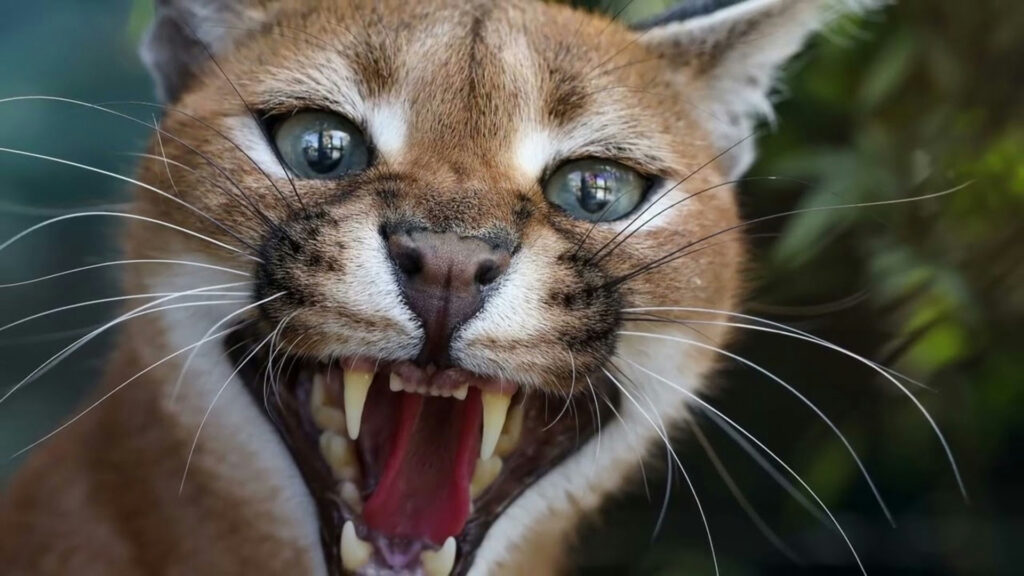
Cats, both wild and domestic, have captivated humans for centuries. Their graceful movements and hunting prowess make them fascinating creatures to observe. However, not all cats are as harmless as your typical house feline. From swift hunters to powerful predators, this list ranks the most dangerous cats in the world.
10. Caracal – The Cat with Tufted Ears
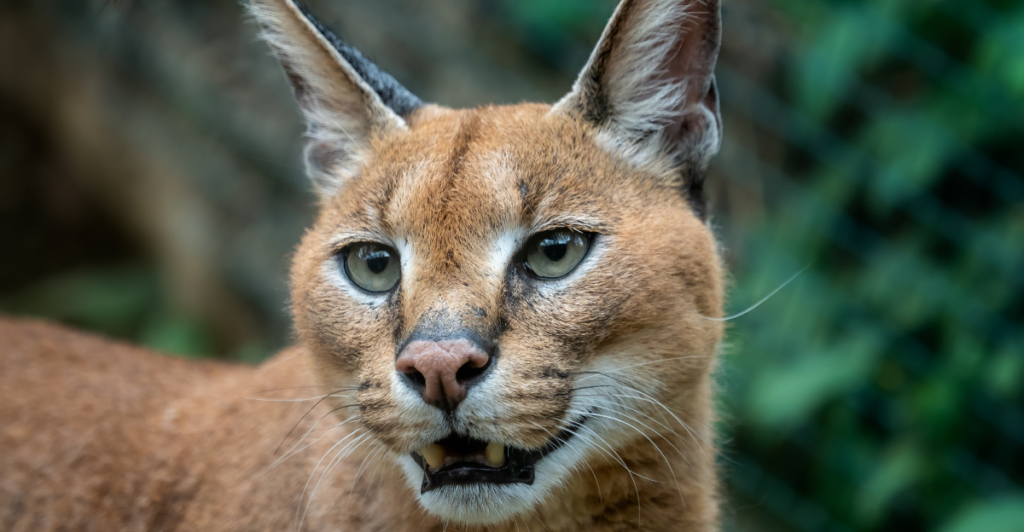
Caracals, native to Africa, are easily recognized by their small faces and distinctive tufted ears. Despite their relatively small size, reaching up to 42 lbs, they are dangerous and best admired from a distance. Agile and powerful, these cats can pose a threat if approached.
9. Bobcat – Small but Mighty
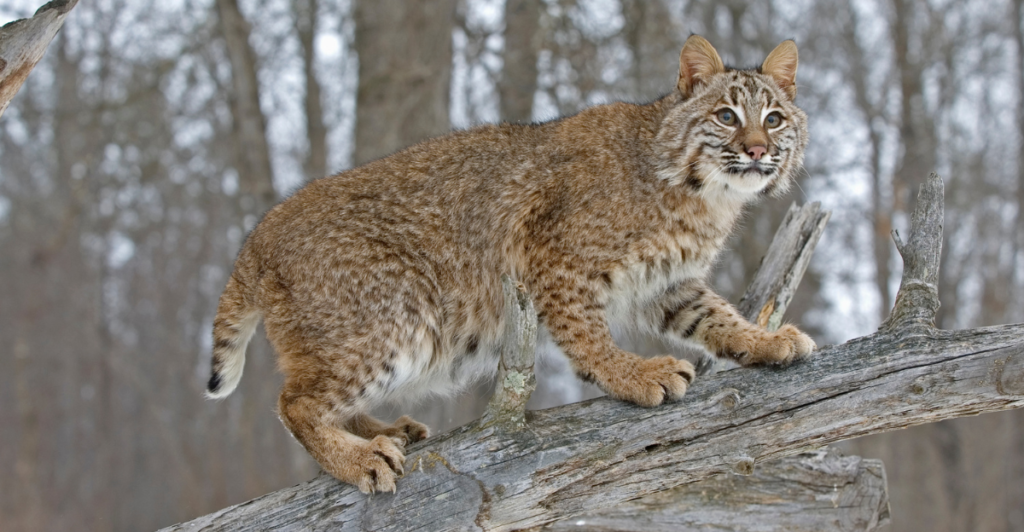
Native to North America, bobcats are about twice the size of domestic cats but significantly more dangerous. Weighing between 14-40 lbs, they are expert hunters capable of leaping over 9.8 feet to catch prey. Though they rarely attack humans, caution is advised.
8. Snow Leopard – The Shy Hunter
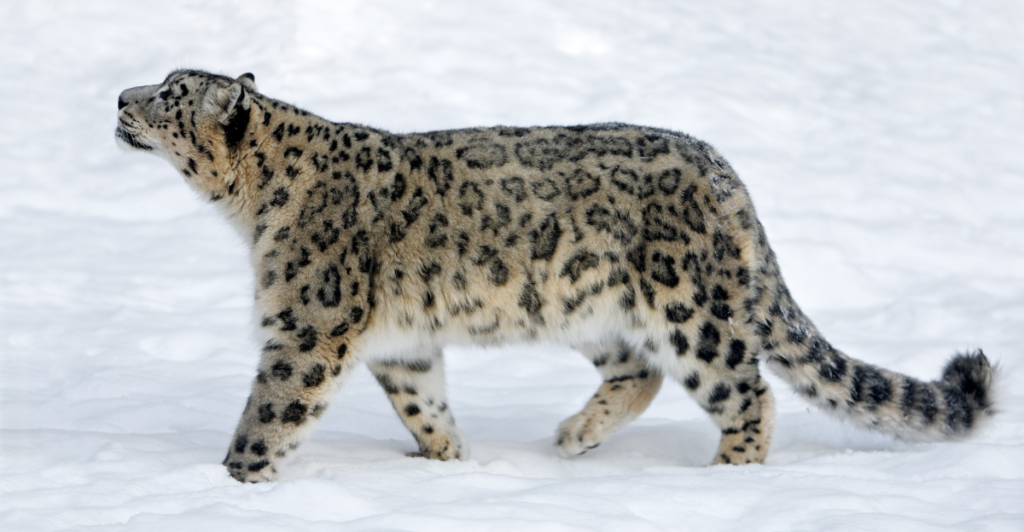
Found in the Himalayan mountains, snow leopards are elusive and beautiful creatures. Unlike other big cats, they don’t roar. While their diet mainly consists of small mammals, they are capable of taking down larger animals. Thankfully, attacks on humans are extremely rare.
7. Jaguar – A Bite to Remember
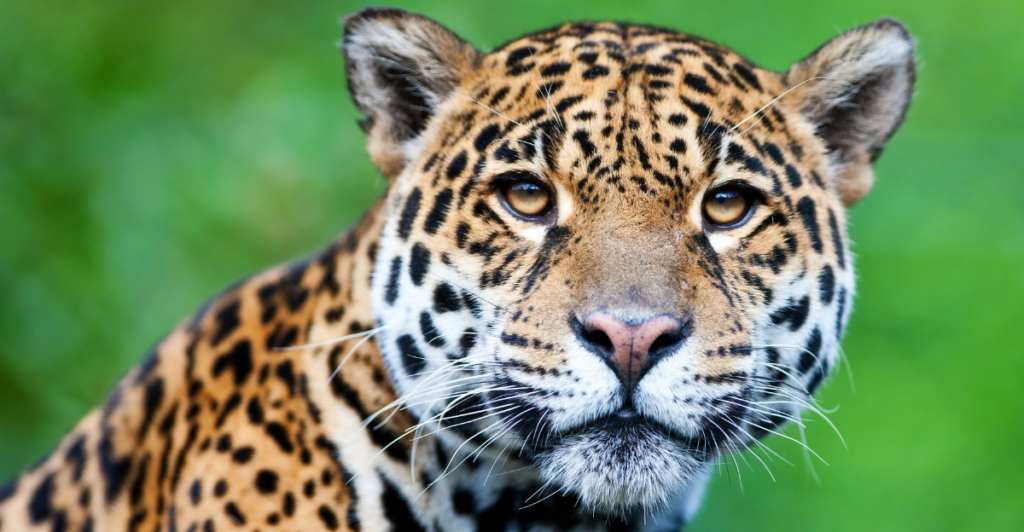
Jaguars, native to the Americas, possess the strongest bite of all cats relative to their size. Preferring rainforests, these predators hunt deer, monkeys, and even aquatic animals. Though human encounters are rare, a provoked jaguar can deliver a fatal bite.
6. Mountain Lion – A Cat with Many Names
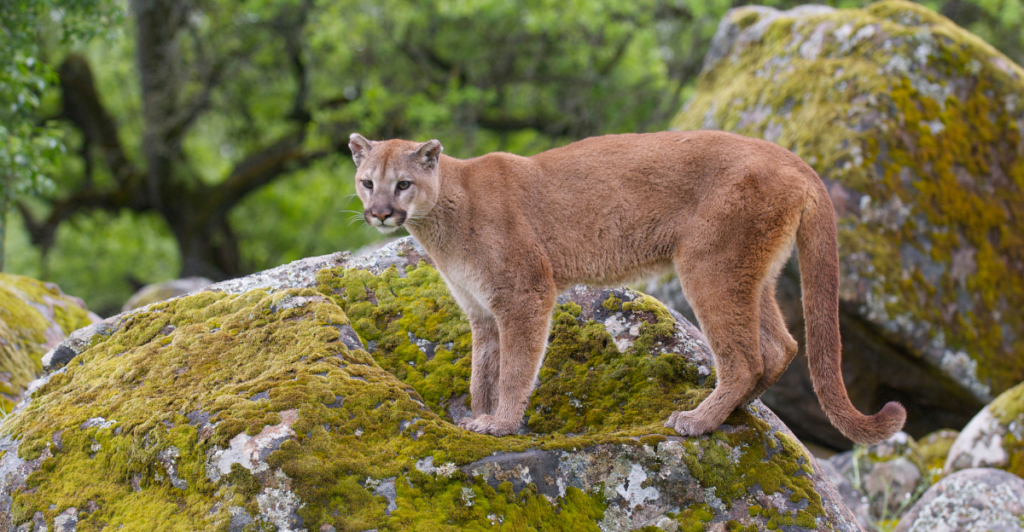
Known as cougars or pumas, mountain lions are among the largest cats in the Americas. Weighing up to 220 lbs and reaching lengths of 8 feet, they are formidable predators. While they rarely target humans, their strength and agility make them a potential threat.
5. Leopard – The Stealthy Stalker
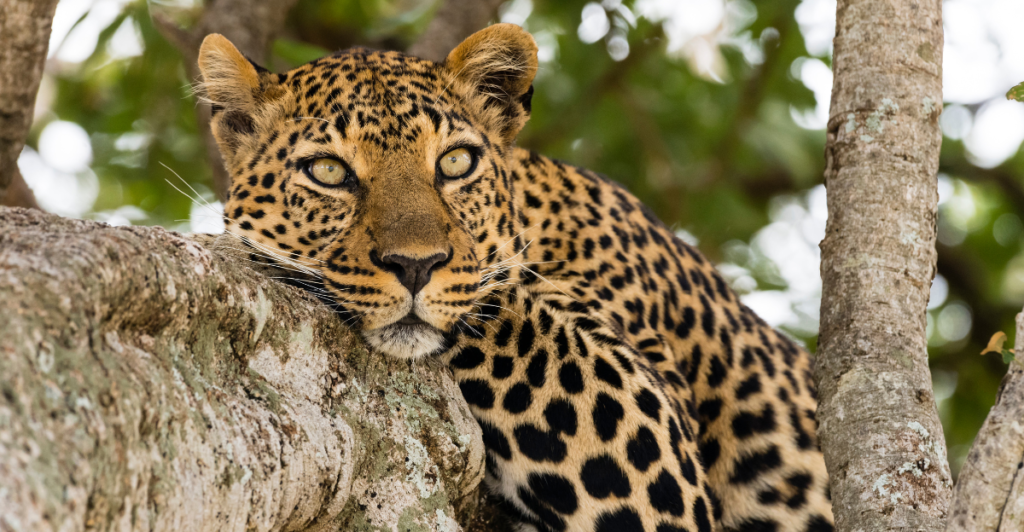
Leopards, found across Africa, Asia, and the Middle East, are expert hunters thanks to their camouflage and stealth. While human attacks are uncommon, history records some notorious incidents, such as the early 20th-century “Devilish Panther” that killed over 150 people in India.
4. Cheetah – The Speed Demon
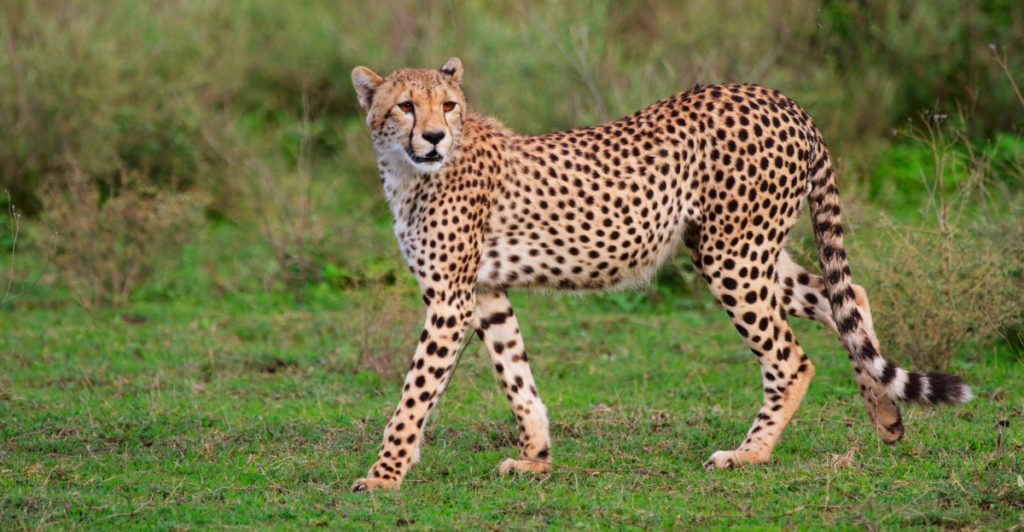
Cheetahs, the fastest land animals, can reach speeds over 60 mph. Native to Africa and Iran, they hunt antelope, springbok, and gazelles. Despite their speed and hunting prowess, cheetahs pose little threat to humans in the wild.
3. Lion – The King of the Savannah
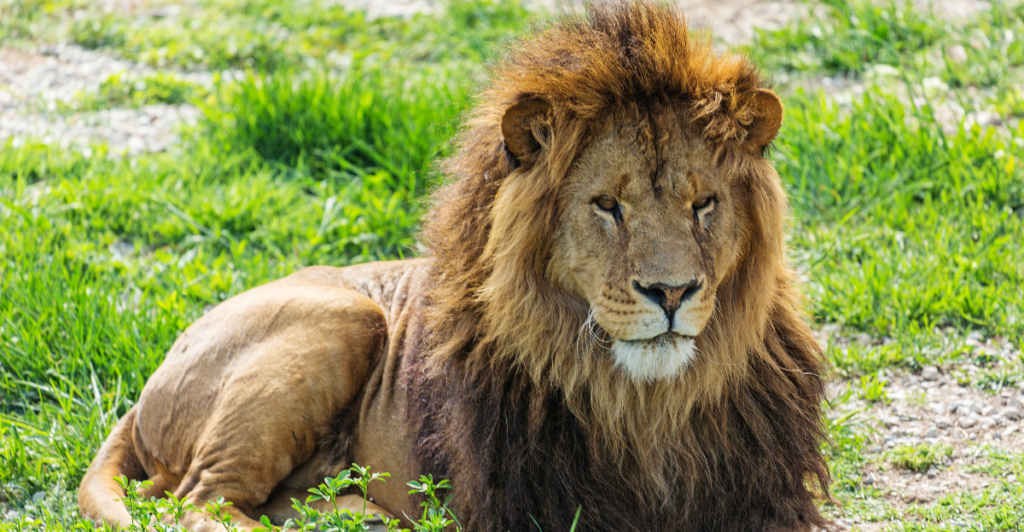
Lions, known as the “King of the Jungle,” live in prides across Africa’s savannas. While females do most of the hunting, males protect the pride. Lions are one of the few big cats that will actively hunt humans if given the chance, making them especially dangerous.
2. Tiger – The Heavyweight Champion
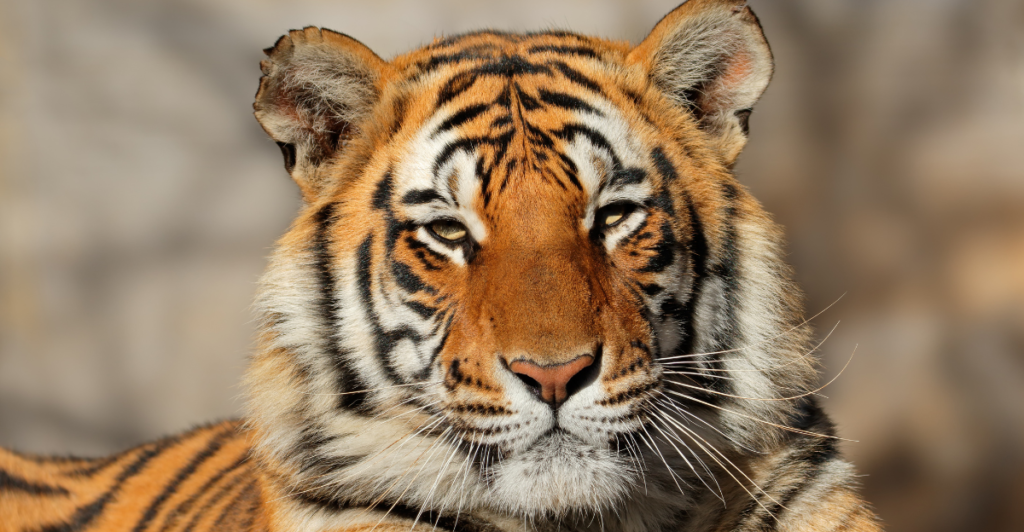
Tigers are the largest cats in the world, growing up to 12.7 feet and weighing 680 lbs. Native to Asia, they are solitary hunters with vast territories. Tigers will eat anything from small animals to large prey like moose and buffalo, making them a top predator.
1. Black-Footed Cat – The Deadliest Cat of All
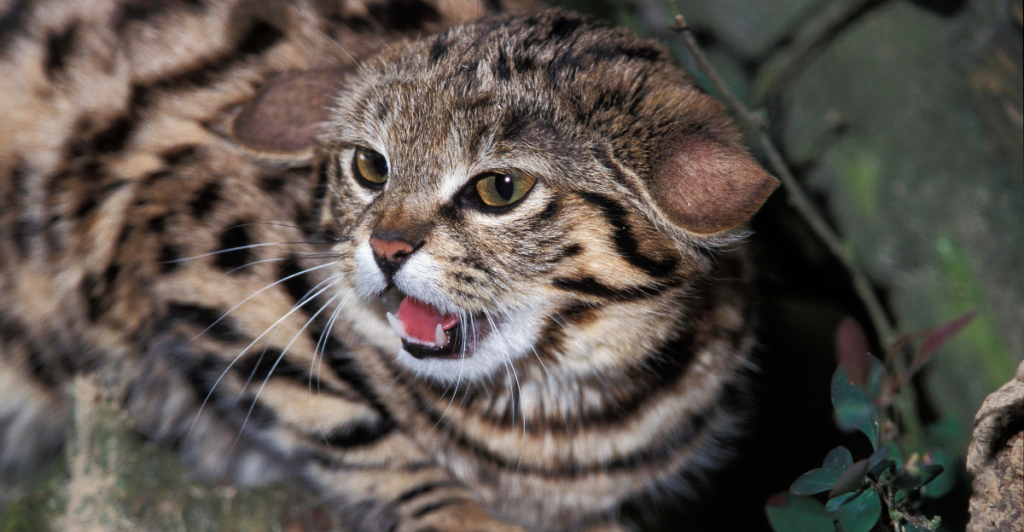
Despite its small size—standing just 9.8 inches tall and weighing around 4 lbs—the black-footed cat has the highest hunting success rate of any feline at 60%. Found in South Africa, this tiny predator is deadly to its prey but harmless to humans, aside from a sharp scratch if provoked.
Honorable Mentions
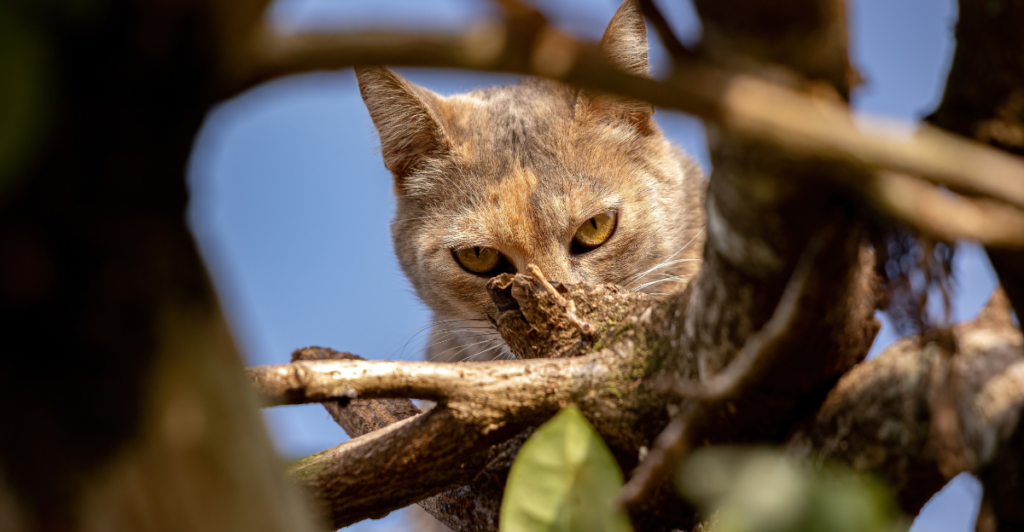
Domesticated cats, while small, boast an impressive 32% hunting success rate, surpassing some larger cats in skill. Fishing cats, found near water bodies in South and Southeast Asia, excel at catching aquatic prey and are also efficient hunters of small mammals. These unique felines deserve recognition for their predatory prowess.
Discover more of our trending stories and follow us to keep them appearing in your feed

Meet the Massive Crocodiles That Make Their Homes 40 Feet Underground
13 Most Dangerous Animals in America
7 of the Most Dangerous Wild Cats in the World – Agile Predators
12 Smart Ways to Stop Cats From Invading Your Yard
Stay connected with us for more stories like this! Follow us to get the latest updates or hit the Follow button at the top of this article, and let us know what you think by leaving your feedback below. We’d love to hear from you!







